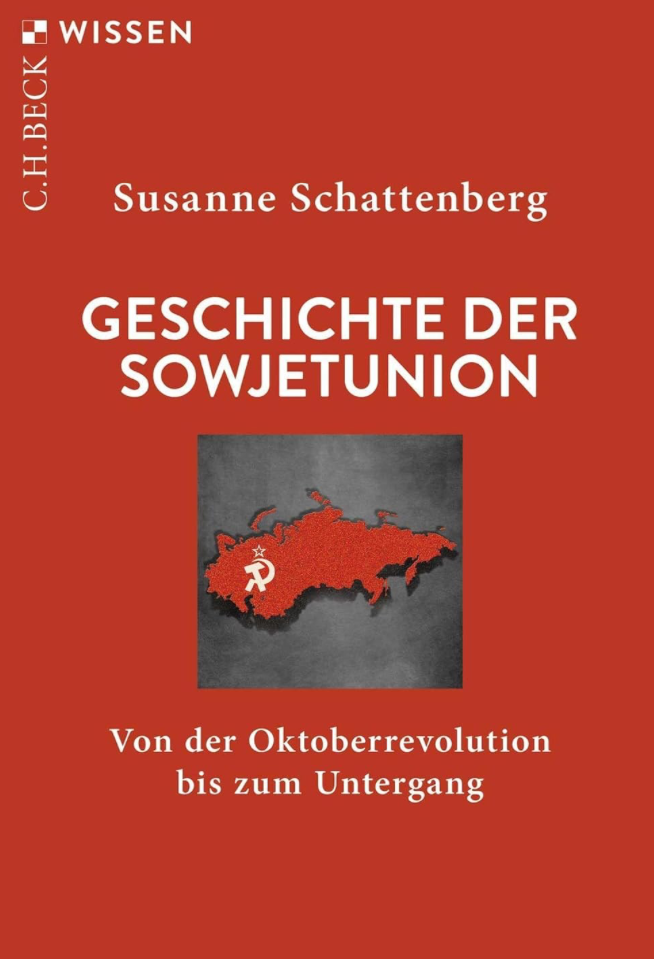
After the revolutions of 1917 and a bloody civil war, the Soviet Union was founded on December 30, 1922. It dissolved on December 21, 1991. In between lay 69 years in which it left its mark on the world – through Stalinist terror, through its victory over the armies of Hitler’s Germany, as a nuclear power in the Cold War and with Gorbachev’s policy of détente. Its legacy still weighs heavily on the post-Soviet space today. Internally, under Stalin, it brought famine, deportations, the Gulag and arbitrary executions. But at the same time, the country underwent a fundamental modernization and the first man in space was a Soviet man. Susanne Schattenberg traces the years under the Soviet star and shows how they still have an impact today.
ISBN: 978-3406785184